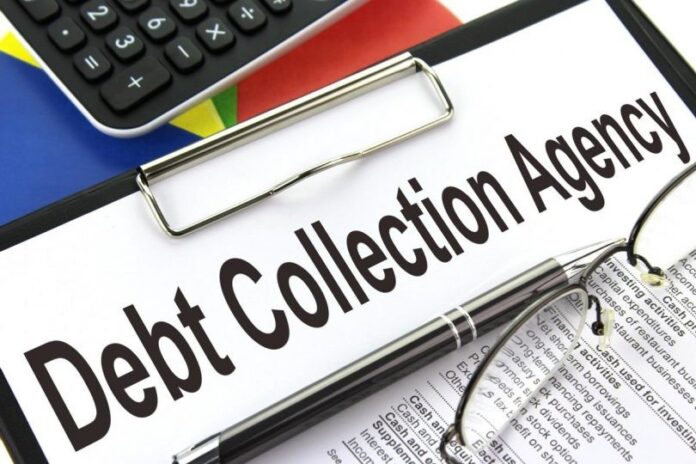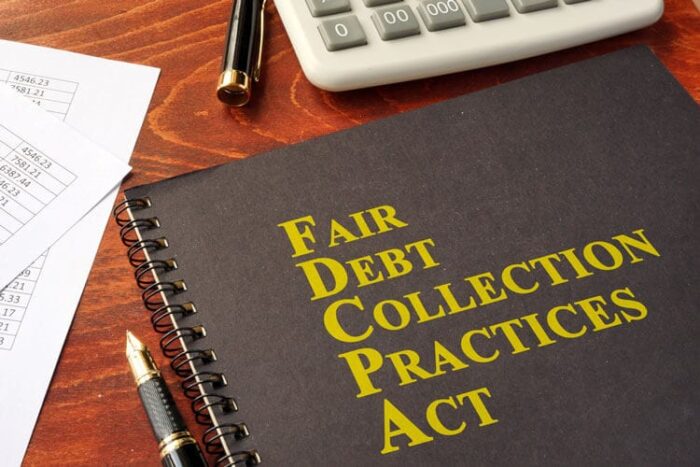
With the recent changes in the economic world and the crisis happening in different parts of the world, debt collection has become a nightmare for businesses. To resolve the situation, many companies rely on debt collection agencies.
Debt collection agencies like Midland Credit Management debt, call the potential defaulters and collect payment from them. This has become a convenient solution for businesses. If a bill is due for more than 60 days, the creditor or the company can legally hire a debt collector or agency to collect the debt.
Collection agencies differ in working. They have their own specialization and preference for debt collection; some focus on collecting medical bills, while some are more interested in credit card bills. However, they are all guided by the same statute of limitations and legal obligations to prevent debt collection from being turned into harassment.
Collection agencies are often paid based on their ability to recover the due. Thus sometimes, these agencies can be harassing and threatening. To deal with them lawfully, it is essential to know “what they can do,” “what they cannot do,” and “what rights you have.” All these ideas are specified and legally declared in the Fair Debt Collection Practices Act.
How Do They Operate?

To cut down losses, businesses often group credits according to the type and category and then sell them in the open market to debt collectors. Thus some agencies buy debts from creditors/companies. They might be able to buy debts that are too old, with no third-party collection attempts, or accounts that other agencies might have failed. This usually occurs based on a bidding format in which they specify the amount they are willing to pay to take up the debt.
Once they buy them, they have the legal right to collect the due amount on behalf of the original creditor. These agencies use the information businesses provide to contact defaulters through letters and phone calls to ask them to repay their debts. Some agencies are often ready to settle for less than what you might owe. This depends upon the type of debt, period, and financial situation.
These agencies might investigate defaulters to know more about their current situations and financial ability to pay before contacting them.
What They Can Do

- Seek payment on a debt past the statute of limitations. Even after the due is past its suing period, they can ask you to repay them.
- Proceed with legal actions and file a suit for debt payment.
- They can pressure you with frequent daily calls, letters, or frequently talking about pursuing a lawsuit.
- They may resell your debt if they are unable to collect the payment.
- They might negotiate on what you owe, and sometimes you might be able to settle for less.
- They can report you to credit reporting agencies even if you do not respond to their messages.
- Call you after 8 in the morning or before nine at night.
What They Cannot Do

- Harass you or threaten you in any form or any means.
- Pretend or mimic to be working for a government agency.
- Contact you by postcards.
- Fabricate documents to resemble official government or court documents or credit reports.
- Increase the amount that you owe. They cannot charge anything extra on top of the amount you owe.
- Implicate that you have committed a crime and will be arrested.
- Publicize your debt in any manner.
- They can only call you after 8 in the morning or before nine at night.
- Pursue a debt that you don’t owe.
- Discuss your debt with anyone other than you and your wife.
How To Deal With Them And Protect Your Rights
- It is advisable to attend the call and talk to them. Even if you cannot pay the debt right away or even if it does not belong to you, talking to them at least once and trying to sort this out might be a good idea.
- You can ask them to stop calling by sending the collector a letter mentioning the preferred time and method of contact.
- After contacting you, they are obligated to send you a validation notice with the details about the debt and information regarding the original creditor. Upon receipt of the message, try to respond immediately by explaining your situation, such as “You have already paid the said debt.”
- Once you have received the notice, you have 30 days to require additional information.
- If you are sure you have completely paid off all your debts and there is proof with you, you are free to ignore them.
- You have the right to report the caller if they violate FDCPA regulations.
FDCPA Regulations

With the latest updates on regulations in 2021, third-party debt collectors are :
- Allowed to contact you between 8 a.m and 9 p.m
- Allowed to contact an attorney if you are represented by one.
- Not allowed to contact you at the workplace
- They are not allowed to contact you in any other mode of communication when you have specified your information, contact mode, and time to them via letter, phone call, or email.
- Not allowed to use profane language
- Not allowed to threaten you
- Not allowed to call you more than once a day
- Not allowed to contact without identifying themselves
- You are not allowed to list your debt in public for sale.
Conclusion
Despite the agencies, multiple scam attempts occur in the name of debt collection. Thus it is essential to remember that these agencies already have your basic information and will not ask you for your social security number or financial details. Always ask them for a validation notice before even considering paying them off.
FDCPA sets out specific rules and regulations to protect the public from harassment. However, not all collectors follow these rules and regulations. Thus, it is essential to know about your rights. If you feel threatened or harassed consistently, be ready to proceed with legal actions. You might be awarded financial benefits if you can successfully sue these agencies instead of repaying.








